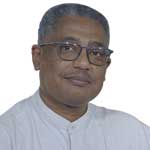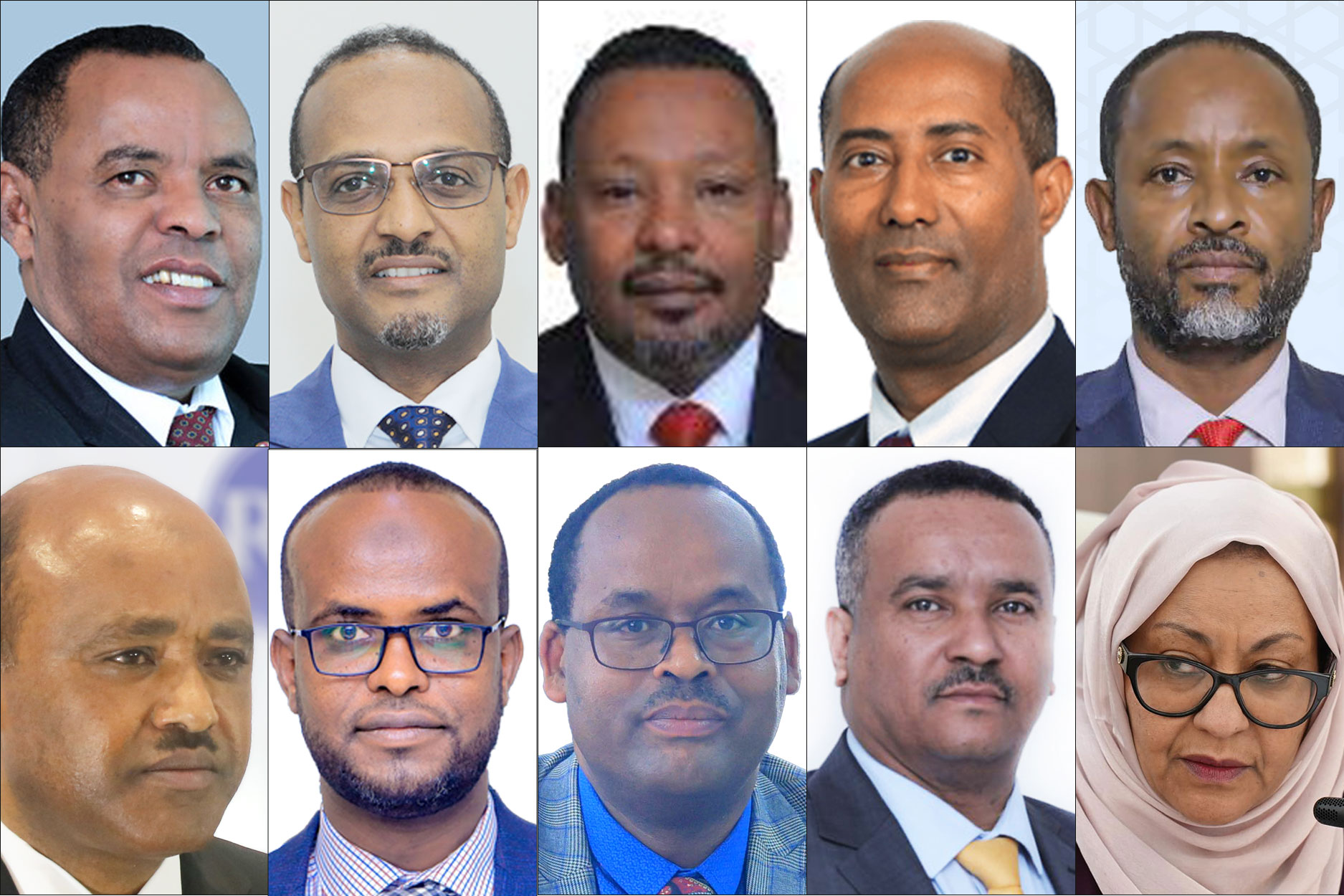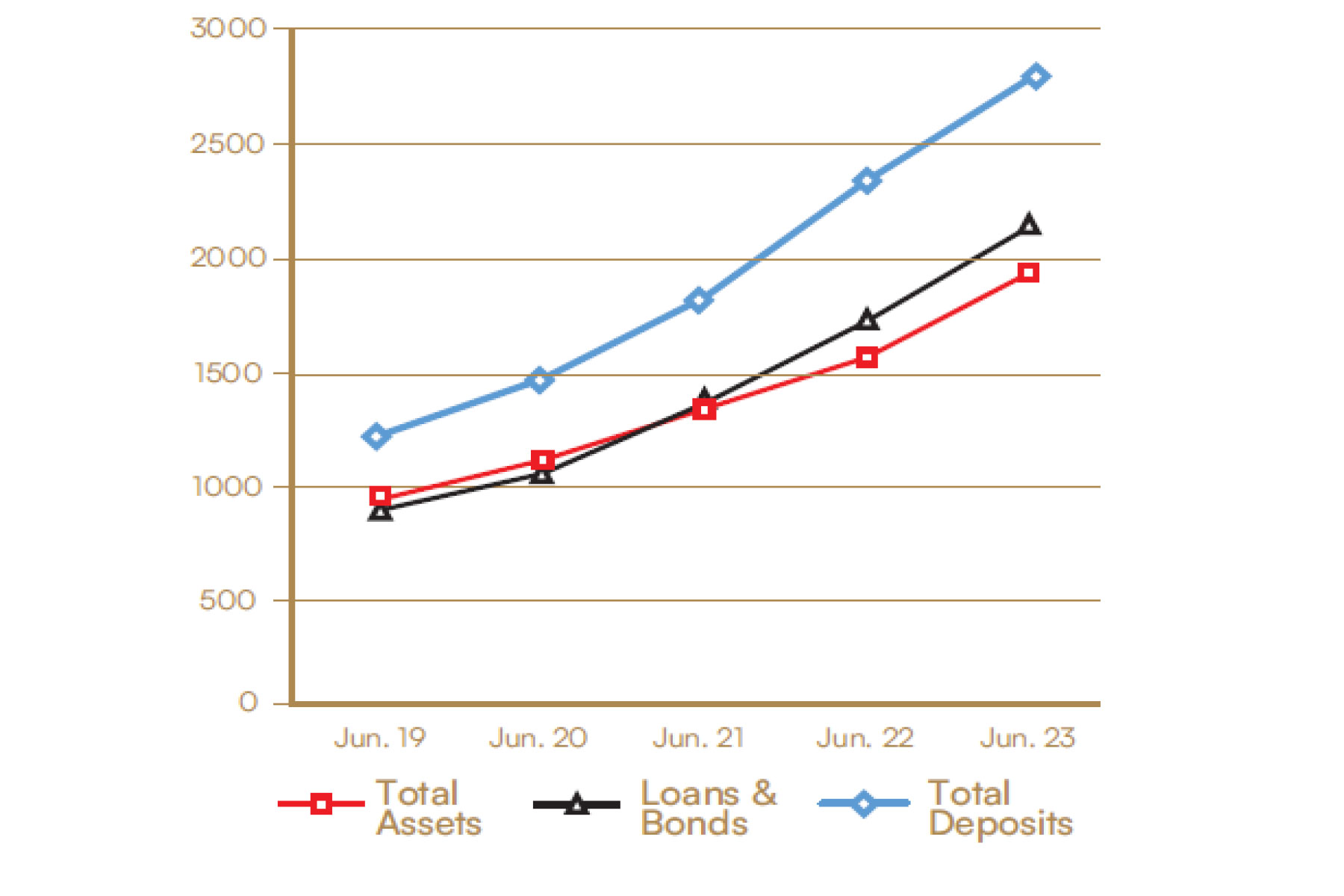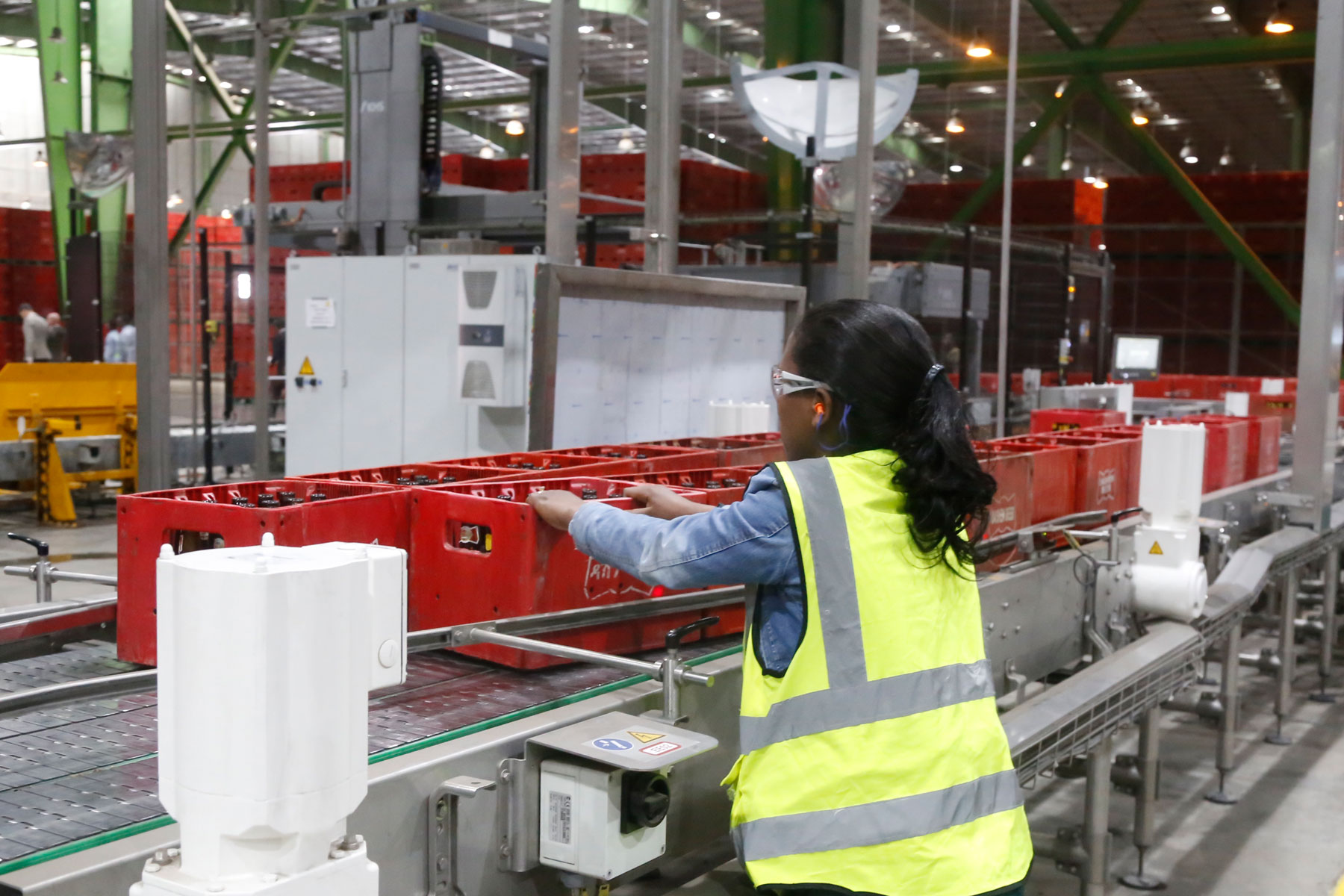
Viewpoints | Mar 11,2023
Aug 10 , 2019
By Tibebu Bekele
What motivates a person to become a political leader is a wonder. Whatever the motivation, it must be a burning desire, an unquenchable fire. Because let’s face it, it is not an easy calling.
Especially in today’s technology-mad world where, in the words of Prime Minister Abiy (PhD), everyone with a mobile phone is a journalist.
There is no hiding place. There is no privacy, not only for the politician, but also for their families and friends. The name calling, the insults and even the physical danger are unbelievable.
Why would one want to put oneself and their loved ones through all this? Surely, there are easier ways of making a living.
The most common answer politicians give is that they desire to help the people, a calling to serve the public is what propels them into this most difficult of careers. Seen from that light, of course, it is an honourable calling, a respectable career that contributes to the common good with unparalleled opportunity to leave a great legacy.
A closer look at those answers presumes an underlying moral value — the desire to do good. The vision to make the world a better place. The hope to elevate the destiny of one’s community. It suggests a connection to and love of that community. All these then logically lead us to believe that moral values must undergird politics. One enters the profession to do what is good and what is right. If this is so, why is it in practice that such inspiring leaders are few and far between?
Perhaps, a career that starts with such idealism gets slowly dragged down into the swamp of compromise. The desire to lead is curbed by the need to be cheered. The idealism of change gets reigned in with the pragmatism of working for what is achievable, instead of what is desirable. Perhaps the thrill of winning becomes so addictive that it becomes an end in itself instead of a means to a higher goal. That results in seeking power for its own sake instead of as an instrument of achieving more noble goals.
There has always been this age-old conflict between what is right and what is possible. The mark of great leaders and statesmen is their ability to negotiate this murky moral dilemma, the ability to negotiate what is possible without surrendering the moral ground of what is right. Once a politician starts to pay the price of his conviction for the pleasure of his victories, that moral slide knows no bounds.
Of all systems of government, democracy is the murkiest, because the whole architecture is based on compromise. Unlike authoritarian regimes, there is no one governing ideology that claims moral absolutism. No politburo passes the ultimate truth from the great leader with everybody just marching to that beat. Instead, every decision, every bill tabled becomes a moral test, some more stern than others, but a moral test all the same. Because even seemingly simple decisions still require a search of the politician’s conscience for moral consistency. It is the small concessions in the grey areas that eventually, slowly, imperceptibly unmoor the aspiring politician from his moral foundations.
As we approach election season in Ethiopia, all politicians will do well to do some soul searching before the whirlwind of campaigning starts. Before they take in the sweet cheering of adoring fans or the ugly booing of a hostile crowd, they should face the silence of their conscience.
Why are they doing this? What is it they want to achieve? Are they still loyal to the principles they started with?
If not, they should quit. Because political leadership requires moral courage. And those who lack a higher purpose certainly need a career change.
PUBLISHED ON
Aug 10,2019 [ VOL
20 , NO
1006]


Viewpoints | Mar 11,2023

Editorial | Nov 05,2022

Viewpoints | Jul 23,2022

Fineline | Feb 15,2020

Commentaries | May 25,2019

Viewpoints | Sep 14,2019

Viewpoints | Mar 23,2019

Fineline |

Radar | Dec 25,2023

Life Matters | Jun 18,2022

Photo Gallery | 96192 Views | May 06,2019

Photo Gallery | 88458 Views | Apr 26,2019

My Opinion | 67016 Views | Aug 14,2021

Commentaries | 65722 Views | Oct 02,2021
My Opinion | Apr 13,2024

Feb 24 , 2024 . By MUNIR SHEMSU
Abel Yeshitila, a real estate developer with a 12-year track record, finds himself unable to sell homes in his latest venture. Despite slash...

Feb 10 , 2024 . By MUNIR SHEMSU
In his last week's address to Parliament, Prime Minister Abiy Ahmed (PhD) painted a picture of an economy...

Jan 7 , 2024
In the realm of international finance and diplomacy, few cities hold the distinction that Addis Abeba doe...

Sep 30 , 2023 . By AKSAH ITALO
On a chilly morning outside Ke'Geberew Market, Yeshi Chane, a 35-year-old mother cradling her seven-month-old baby, stands amidst the throng...

Apr 13 , 2024
In the hushed corridors of the legislative house on Lorenzo Te'azaz Road (Arat Kilo)...

Apr 6 , 2024
In a rather unsettling turn of events, the state-owned Commercial Bank of Ethiopia (C...

Mar 30 , 2024
Ethiopian authorities find themselves at a crossroads in the shadow of a global econo...

Mar 23 , 2024
Addis Abeba has been experiencing rapid expansion over the past two decades. While se...

Apr 13 , 2024
A severe financial stranglehold has been imposed on the banking industry, underminin...

Apr 13 , 2024 . By MUNIR SHEMSU
In an unprecedented move, the central bank has published its inaugural stress test report, uncovering potential fault lines within the finan...

Apr 13 , 2024 . By MUNIR SHEMSU
In a bold departure from its historical position on foreign investment, the federal government has opened...

Apr 13 , 2024 . By AKSAH ITALO
A proposed excise tax stamp system draws controversy amongst industry leaders in the alcohol, tobacco, be...